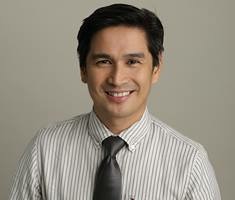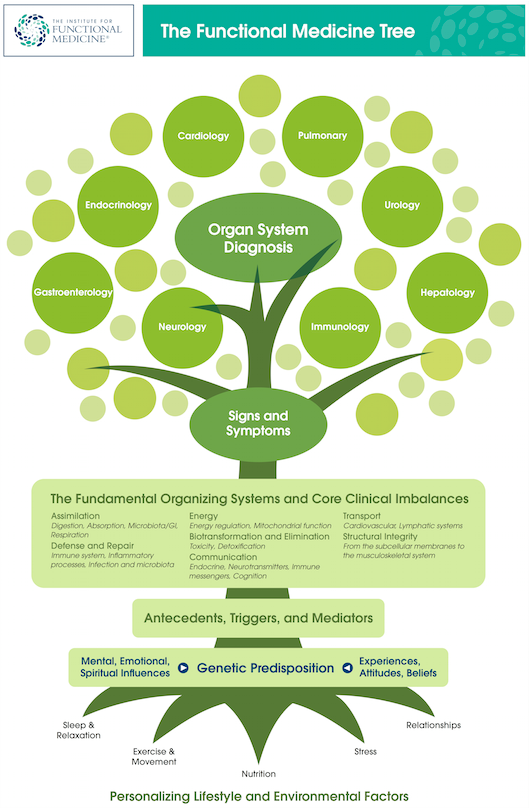Dr. Oyie Balburias is one of three pioneering doctors for Functional Medicine in the Philippines. As a general internist, specializing in the diagnosis and (nonsurgical) treatment of adults, he started practicing Functional Medicine about 4 years ago. This is a new approach to medicine, which sees health as a continuum rather than a cycle. “If health is a continuum,” he says, “it means people have the choice to remain healthy.”
We interviewed him to find out more about what Functional Medicine is and why it is becoming more and more popular.
WIM: What is functional medicine?
Dr. Oyie: Functional Medicine is a new approach to traditional medicine, which helps people manage their general health and wellbeing rather than solely treating their diseases based on symptoms. Imagine a tree and think of its branches as diseases, these are what conventional doctors would look at and base their prescription on. But our body is a system, not just an assembly of organs. Functional Medicine looks at the roots of the “tree” to understand the real causes of such diseases. If traditional medicine tells you “what” condition you have based on your symptoms, functional medicine tells you “why” you have them. It is predictive, personalized, proactive and preventive. I personally never refer to my clients as patients because they are not always ill. I would rather establish a therapeutic partnership with them to help them reach optimal health conditions.
WIM: How is it different from traditional medicine?
Dr. Oyie: Functional medicine is not a treatment or a sub-specialization, but rather an approach. A lot of patients see multiple doctors and get multiple diagnoses. But despite all the drugs and all the expertise, chronic diseases like diabetes are still very prominent today. This is because everything at the bottom of the “tree”, the root causes, were never taken care of. A diabetic, despite being given all the effective and expensive drugs, may still develop organ complications accompanying chronic diseases like diabetes if the person’s unhealthy nutrition, sedentary lifestyle, and other contributing lifestyle factors like sleep deprivation and chronic stress remain unaddressed.
WIM: Where do you see Functional Medicine going?
Dr. Oyie: Functional Medicine is the future of medicine. It has been around for 25 years but for the past 5 years, it has been gaining ground. A lot of doctors from different fields of specialization are showing interest, wanting to learn how they can apply it to their own practices. This shows how medicine should have been practiced and must be practiced
WIM: Why is it important for younger generations to embrace Functional Medicine?
Dr. Oyie: Younger generations need to understand that just because they don’t have any obvious and bothersome symptoms, it doesn’t mean their health is optimal. The way we are when we get older will be affected by the way we lived when we were younger. A lot of chronic diseases are caused by lifestyle-related and environmental factors that are commonly overlooked and disregarded. Our body has a lot of inherent ability to heal itself, and most of the time, it is why we have persistent symptoms. These symptoms are a warning to us by our body, telling us that these imbalances need to be corrected. That’s why symptom suppression as a form of treatment is not always the best approach. And this makes me think “what is the point of reaching the age of 80 if you can’t move or function properly?”
It’s not just about longevity, it is about vitality. And this is not something that your body will automatically take care of; it is something that people have to start working on from a young age.
To find out more about Functional Medicine, follow Doctor Oyie on Twitter (@docoyie) or visit him at LifeScience on the 8th Floor of ACCRA Law Tower, 2nd Avenue corner 30th Street, BGC – Photo courtesy of the Institute of Functional Medicine.






